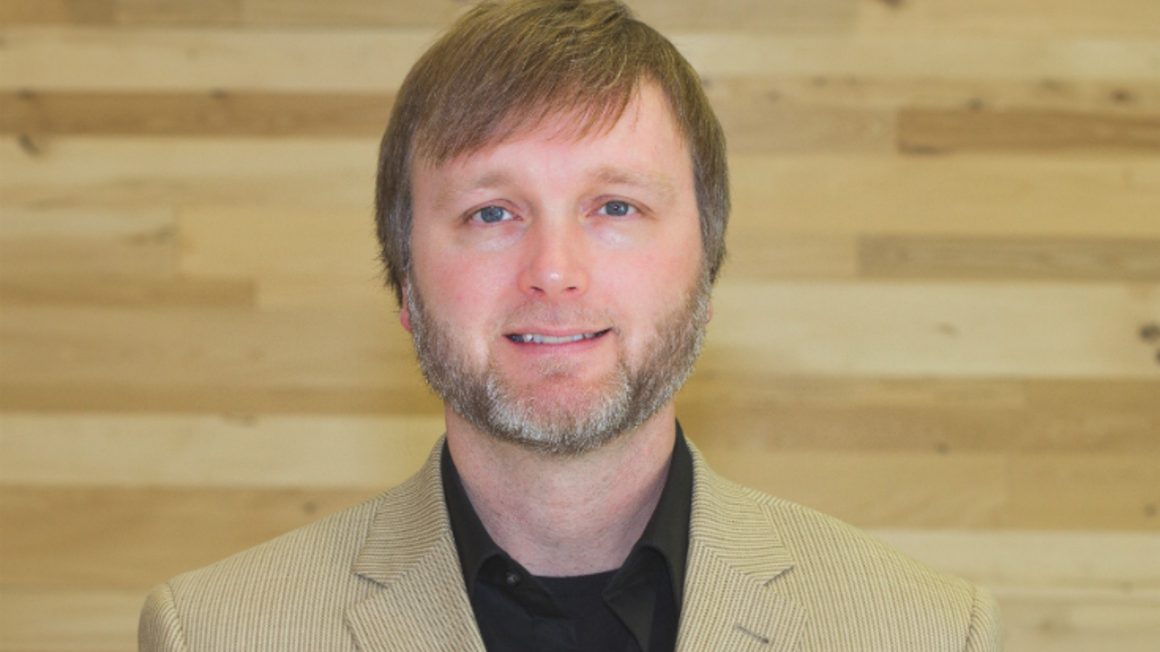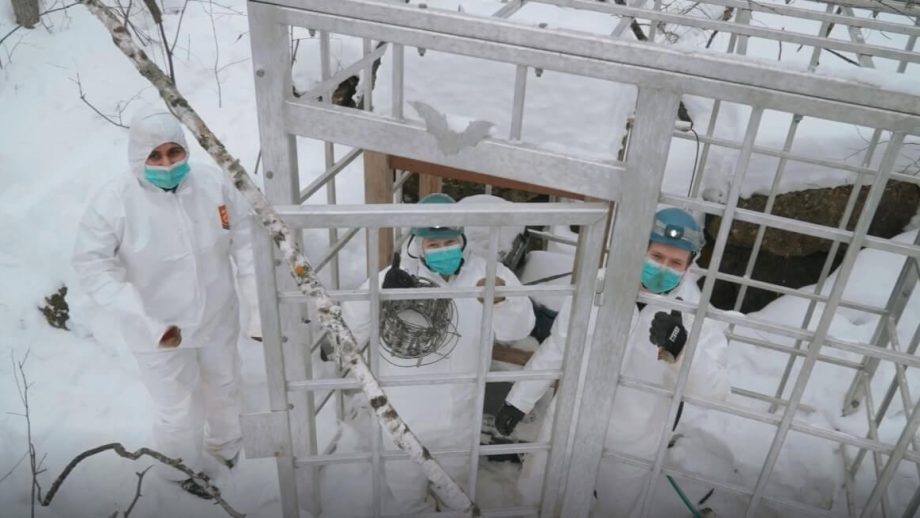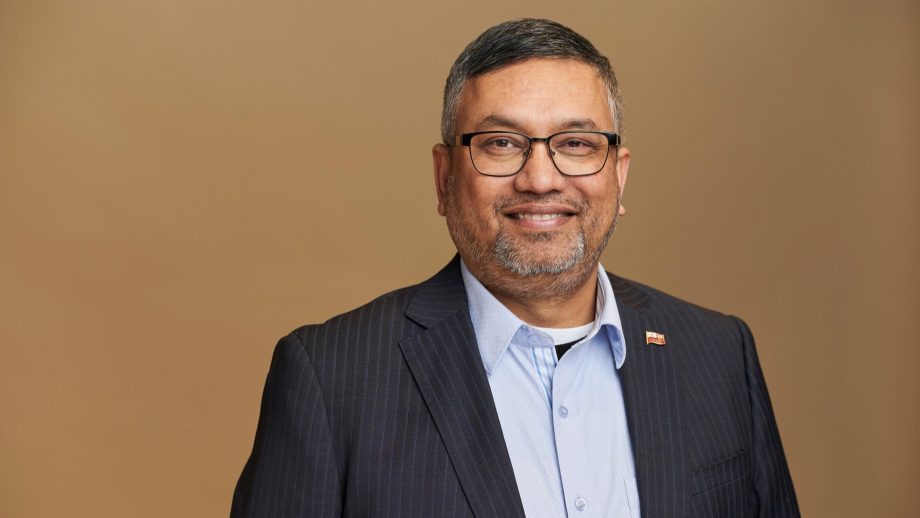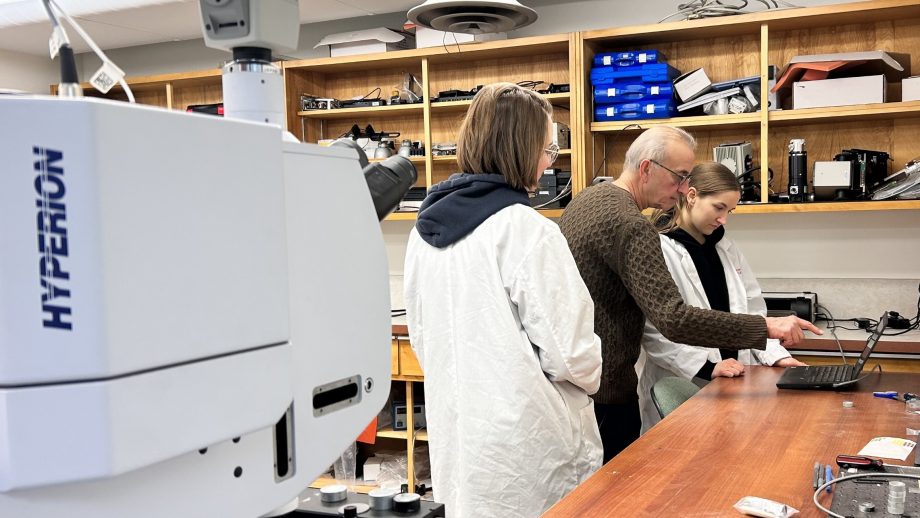A University of Toronto (U of T) research team has partnered with researchers from 11 universities across Canada, as well as community, utility, and industry partners, to develop innovative, socially-informed energy storage solutions to help Canada advance towards the goal of net-zero emissions by 2050.
The project, CANSTOREnergy: Seasonal Storage of Renewable Energy, recently received $24 million in funding through the New Frontiers in Research Fund (NFRF) 2022 Transformation competition, which is supporting six large-scale, interdisciplinary research projects that address major challenges.
We’re part of these researchers, community partners, government partners, and funding partners that want to see change in how renewables can be used to support a zero-carbon economy.
Dr. Ryan Bullock
CANSTOREnergy confronts a series of social, political, environmental, and technological risks, including how to design carbon conversion technologies that reduce, rather than reinforce, fossil fuel pathways; how to ensure community needs and interests are embedded in technology design from the outset; and how to overcome the energy efficiency barriers in electrocatalytic carbon conversion.
University of Winnipeg Associate Professor Dr. Ryan Bullock, Tier II Canada Research Chair in Human-Environment Interactions, is one of the project’s co-applicants.
His collaboration with the project was made possible by the work he and his research team have done over the years in examining new models for cross-cultural collaboration and their linkages to the adaptive capacity, innovation, and learning needed to navigate environmental and social change.
“What I find most exciting about this opportunity is that it’s about extending collaboration with research teams at other universities, which presents an opportunity to build on the relevant and timely research that we’ve already been doing,” Dr. Bullock said. “It also demonstrates that the work we’re doing matters to other people who are also working on similar kinds of questions, albeit from other disciplinary backgrounds.”
“We’re part of these researchers, community partners, government partners, and funding partners that want to see change in how renewables can be used to support a zero-carbon economy.”
To achieve the potential rewards and mitigate against the risks, the interdisciplinary research team will collaborate with communities, utilities, and industry partners in the design and development of carbon conversion technologies and pathways for their deployment. The award will enable the CANSTOREnergy project team to establish where and how these technologies can support equitable and sustainable energy solutions, and support communities as they transition away from reliance on fossil fuels.
The two partner regions this project will focus on are the Yukon and Hamilton, Ontario. These drastically different areas will allow researchers to consider a wide range of needs, concerns, desires, and challenges in shaping carbon conversion technologies.
Dr. David Sinton, the project’s Nominated Principal Investigator and Tier 1 Canada Research Chair in Microfluidics and Energy, and Dr. Kate Neville, U of T’s Department of Political Science and School of the Environment, originally contacted Dr. Bullock a couple of years ago when they began working on this proposal.
After learning about his research on Indigenous business leaders’ perceptions of bioenergy development, they asked him to join their team.
“They needed people who’d done work with communities and work with rights holders, but also work with stakeholders on public engagement, Indigenous engagement, participation, and new governance models,” Dr. Bullock explained. “We’re asking the questions that need to be answered for them to be able to develop and implement their technologies.”
What’s next?
As co-applicant, Dr. Bullock is part of a team of social scientists who will develop and better understand processes for participating and working with community partners. He will be also be supervising UWinnipeg undergraduate and master’s students who will be part of that research team.
As the founding co-chair of the Master in Environmental and Social Change, he says there are students in the program who will be working with his research team as soon as this fall.
“I don’t want to overstate it, but this is absolutely life altering,” Dr. Bullock said. “Students don’t always know where they’re going to go, but we get them at a point where many are already very successful in what they’re doing and they’re about to embark on another leg of their journey.”
“For these kinds of projects and opportunities for undergraduate and master’s students, it’s not just this one project that’s the opportunity; it’s really about what it could be setting them up to accomplish, which is a career in an area they may be passionate about.”





